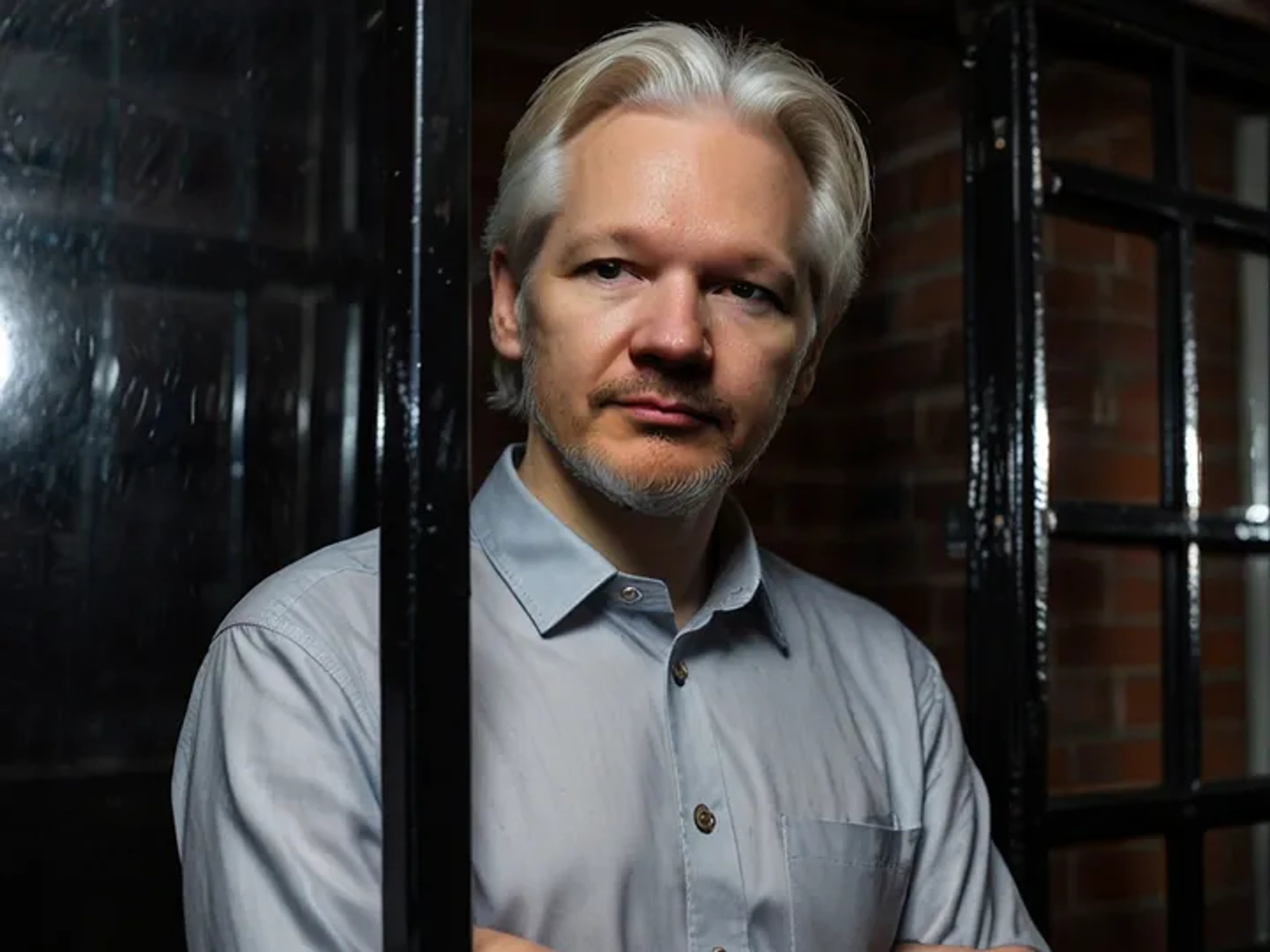Julian Assange to Plead Guilty and Return to Australia in Deal with U.S. Justice Department
Julian Assange will plead guilty to leaking U.S. secrets and return to Australia under a Justice Department deal.

Julian Assange: The Man Behind WikiLeaks (Medium.com)
WASHINGTON — Wikileaks co-founder Julian Assange will plead guilty to leaking U.S. national security secrets and return to his native Australia, under a deal with the Justice Department that ends an almost 15-year battle over his prosecution.
Assange, 52, is expected to be sentenced to the more than five years he already served in a United Kingdom prison during a court appearance Wednesday in Saipan, in the U.S. Northern Mariana Islands, avoiding a potentially lengthy sentence in the United States.
Gear Spotlight: Relevant to This Story


The plea agreement seeks to end an international fight to prosecute Assange that has been underway since sensitive U.S. military documents, war logs, and diplomatic cables were publicly leaked in 2010 and 2011, including footage of a U.S. airstrike in Baghdad a few years earlier.
“This is the result of a global campaign that spanned grass-roots organizers, press freedom campaigners, legislators, and leaders from across the political spectrum, all the way to the United Nations,” Wikileaks said in a statement.
In one of the largest breaches of state secrets in U.S. history, Assange was accused of encouraging and assisting Army intelligence analyst Chelsea Manning in obtaining around 750,000 classified or sensitive documents. Manning was convicted of leaking classified material in 2013, but then-President Barack Obama commuted her 35-year prison sentence in 2017.
Assange and Manning unlawfully conspired “to receive and obtain documents, writings, and notes connected with the national defense, including such materials classified up to the SECRET level,” according to a four-page filing by the Justice Department. They acted to “willfully communicate documents relating to the national defense from persons in unauthorized possession of such documents to persons not entitled to receive,” the filing said.
The United States criminally charged Assange in 2019 under the Trump administration with violating the Espionage Act and was seeking to extradite him from the United Kingdom, where he has been in prison ever since. The initial charges — 17 related to espionage and one to computer misuse — carried a maximum penalty of 175 years in prison if he was found guilty on all counts, although sentences for federal crimes are typically less than that.
Assange’s arrest came after he had lived in the Ecuadorian Embassy in London since 2012, when he sought to escape questioning in a Swedish sexual assault case. Those charges were dropped in 2017, but Assange remained in a small apartment in the embassy as he continued to dodge UK police and American prosecutors.
Allies of Assange argued that the U.S. case infringed on free speech and independent media, while national security officials said the leaks represented grave national security threats. Assange and his lawyers fought his extradition, arguing he couldn’t get a fair trial in the United States and might have to face the death penalty.
“WikiLeaks published groundbreaking stories of government corruption and human rights abuses, holding the powerful accountable for their actions,” the nonprofit media organization known for publishing leaked documents said. “As editor-in-chief, Julian paid severely for these principles, and for the people’s right to know.”
Negotiations toward a plea agreement heated up in recent months after President Joe Biden said he was considering a request from the Australian government to strike a deal that would allow Assange to return to Australia.
A White House National Security Council spokesman said the move was an independent decision made by the Justice Department and there was no White House involvement in the plea deal decision. The spokesman referred questions to DOJ.
The Australian government declined to comment, saying legal proceedings are ongoing.
Under the plea agreement, Assange will appear in the U.S. District Court for the Northern Mariana Islands. He will be sentenced immediately to time served during his 62 months in prison in the UK, then return to his native country.













